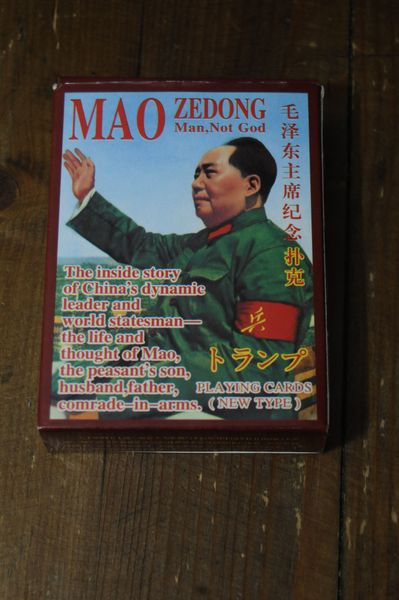Mao Board Game
Mao is a popular card game that originated in the 1950s in China. The game is known for its mysterious rules and secretive nature, as players are not initially told the rules and must figure them out as they play. Mao has gained popularity in recent years as a fun and challenging party game that tests players’ memory, deduction, and strategy skills.
Game Components of Mao Board Game
How To Setup Mao Board Game
To set up Mao, start by dealing 7 cards to each player. The remaining cards are placed face down in the middle of the playing area as the draw pile, with the top card turned face up beside it. The game begins when the dealer says, “The seven card game of Mao is now in session,” and players start their turns to the left of the dealer, moving clockwise.
Gameplay Mechanics and Game Objective
Player Experience
Mao is a game that thrives on the dynamic between players who know the rules and those who are learning through trial and error. The game fosters a sense of community and shared experience, with new players trying to decipher the rules while experienced players enforce them strictly. This interplay creates a unique and often humorous experience, as players navigate the intricate and sometimes bizarre rules.
Pros
Cons
Personal Thoughts on Mao Board Game
Mao is for those who enjoy a challenge, appreciate the nuances of social games, and are willing to learn through experience rather than instruction. It is ideal for groups with a mix of new and experienced players, as it creates a shared bond between those figuring out the rules and those who are already “in the know.” While it can be frustrating at times, the unique blend of strategy, induction, and humor makes Mao a memorable and enjoyable game for many.
We are supported by our audience. When you purchase through links on our site, we may earn an affiliate commission, at no extra cost for you. Learn more.

